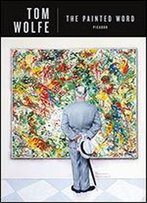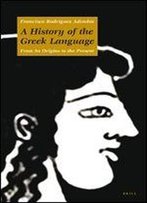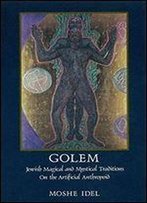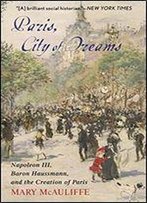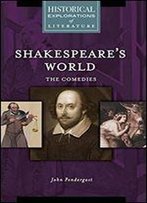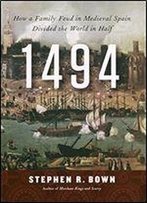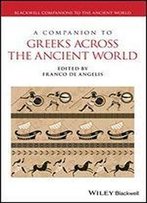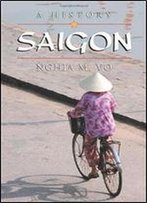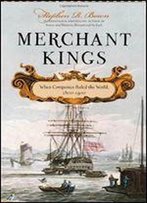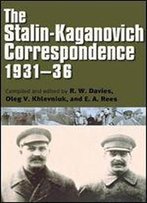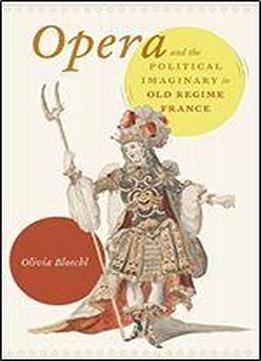
Opera And The Political Imaginary In Old Regime France
by Olivia Bloechl /
2018 / English / PDF
8.7 MB Download
From its beginnings in the 1670s through the eve of the Revolution, French serious opera (tragedie en musique, or lyric tragedy) was closely associated with absolutist monarchical power and with the representation of that power on the operatic stage. Real-life monarchs, legendary rulers and gods, images of sovereign glory abound in operas from Lully to Rameau and Gluck. Spectacle and allegory were at the core of this repertory: from the visual splendor of sumptuous costumes and decors, including the use of elaborate stage machines, to the presence of extensive choral and choreographic sequences. And yet, this book argues that there was more to pre-revolutionary French serious operas than a contemplation of absolute rule and sovereignity. The operas also presented a more complex and aspirational 'political imaginary', shared by composers and audiences, which included themes of justice, freedom, the public good, the rule of law, and available modes of participation in public life. They did so primarily by staging recurring scenes of mourning, confession, punishment, and judicial pardon. As the author guides us through the musical and dramatic handling of these scenes by composers from Lully to Gluck, we are able to detect glimpses of the collective political experience and aspirations of French society during the long decades of the ancien regime. The book is a study of political representation in serious French opera ('lyric tragedy') from the reign of Louis XIV through the decades prior to the Revolution. It offers a critical analysis of political themes as seen pragmatically in staged political interactions in the repertory spanning Lully's tragedies en musique of the 1670s and '80s through the resurgence of tragic opera with Gluck's works for Paris in the 1770s." The book's central aim is "to expand our understanding of the presence of the political in pre-Revolution French opera by going beyond its long-recognized absolutist orientation. If absolutism furnished the immediate political context and discursive framework for this quasi-official operatic form, it did not exhaust the period's political thought or its political cultural imaginary. Lyric tragedy engaged meaningfully with political ideas beyond absolutist sovereignty, including themes of justice, freedom, the public good, and the rule of law. The book argues that it did so most pervasively and compellingly not in its ideological prologues or its veiled allegories, but in dramatized political relations among its characters and choruses."
